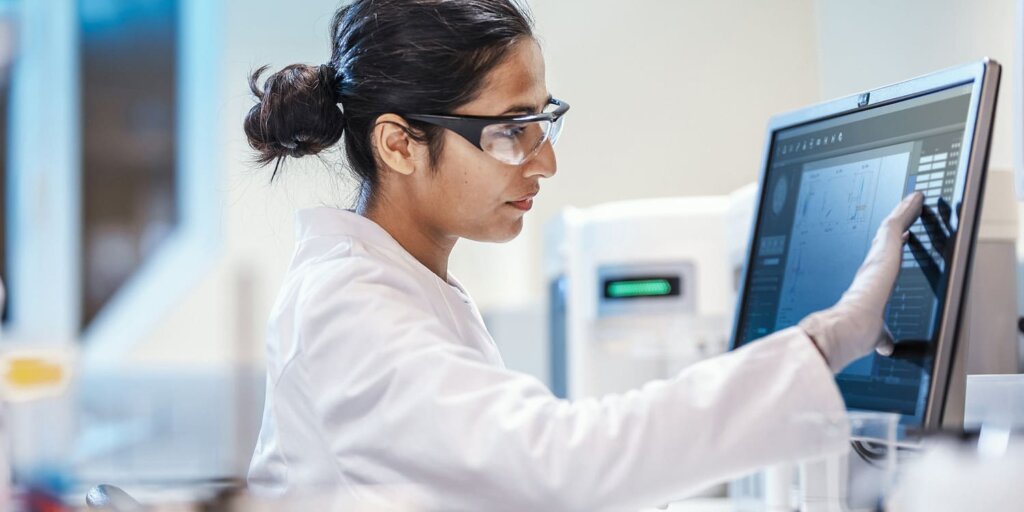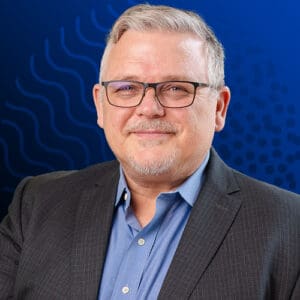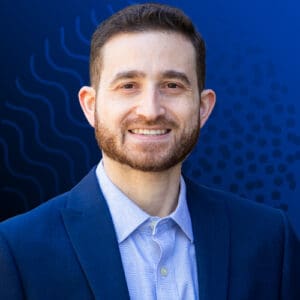Home » Meet 5 entrepreneurs working on the cutting edge of health innovation
Meet 5 entrepreneurs working on the cutting edge of health innovation

Canada has long been a leader in medical breakthroughs and that tradition continues. These startups are working on solutions that could speed up diagnosis, develop promising new therapeutics and improve patient care.
From advanced analytics that flag early indicators of disease to biomaterials that radically shorten recovery time — the latest in health tech innovations have the potential to radically transform the future of healthcare. The researchers, founders and investors behind some of the biggest breakthroughs will delve into the changes this could bring for patients and providers at this week’s MaRS Impact Health.
Here are five companies you should check out at the two-day conference.


Vasomune is developing a novel treatment for ARDS
Acute respiratory distress syndrome (ARDS) is a serious lung condition that is caused by respiratory infections, inhaled toxins or other injuries to the lungs. The condition creates fluid buildup in the lungs and reduces the amount of oxygen in the blood, making breathing very difficult. And the prognosis is grim: As many as 40 percent of those who develop the illness do not survive.
To help improve those odds for patients hospitalized with moderate-to-severe ARDS, biotech company Vasomune is developing therapeutics that target affected blood vessels. Early trials are showing promise. In fact, in May 2024, its drug candidate AV001 received a fast-track designation by the U.S. Food and Drug Administration moving it one step closer to potentially making it to market and supporting those who need it most.
Brian Jahns, president and COO of Vasomune, will be participating in the biotech startup pitch session on MaRS Impact Health’s main stage on Wednesday, June 12, 10:50 a.m.


Synakis is speeding up recovery from ocular surgery
Every year, an estimated 1.8 million people around the world suffering from retinal detachment and glaucoma undergo eye surgery. The procedure involves removing the vitreous (a jelly-like substance which fills the eye) and replacing it with a substitute material.
Recovery times are long and uncomfortable — the material often causes blurred vision, patients are required to lie face-down for an extended period post-surgery and have follow-up procedures. Toronto-based Synakis is working to improve that patient experience. It’s developing an injectable hydrogen alternative that is biodegradable, transparent and non-swelling, which could shorten recovery time and avoid follow-up procedures.
Adam Forman, the co-founder of Synakis, is participating in the commercialization partner pitch session on Thursday, June 13 at 12:45 p.m.


Oncoustic’s AI-powered solution is accelerating early detection of liver disease
It’s estimated that one in four Canadians are affected by liver disease. But because many individuals don’t experience symptoms, the disease, which can lead to liver failure, cancer or death can go unnoticed for years. To help healthcare professionals diagnose the disease earlier and monitor treatment, Oncoustics is developing an AI platform that analyzes ultrasound data. Not only is its point-of-care solution less invasive and more cost effective than traditional biopsies, it can also be administered outside of hospital settings, helping to improve access to care.
Beth Rogozinski, CEO of Oncoustics will be presenting on the main stage on Thursday, June 13 at 11:50 a.m.


Altis Lab is speeding up drug development
Clinical trials are the most time-consuming and expensive aspect of developing a new drug or treatment — it can take up to a decade and more than U.S.$1 billion to take a promising compound from bench to bedside.
This is an area, however, where AI can help. Toronto-based Altis Lab is aiming to transform clinical trials by using digital twins (or virtual replicas) of patients to help pharmaceutical companies better predict clinical outcomes. The company trains its algorithm on information from medical imaging data, such as CT, ultrasound and MRI scans, which highlight changes in tumor size and other abnormalities that can affect a patient’s survival.
Clients, such as AstraZeneca and Bayer Pharmaceutics, can then use the system to cross-reference their own clinical trial data to evaluate the potential efficacy of novel therapeutics. This can help companies prioritize their most promising candidates and accelerate drug development.
Altis Lab’s CEO and founder Felix Baldauf-Lenschen is discussing the potential of digital twins on Wednesday, June 12, at 2:20 p.m.


Roga’s wearable neurotech device helps alleviate stress
Stress can wreak major havoc on mental and physical health, increasing the risk for anxiety, digestive problems, heart disease and other illnesses.
Toronto-based Roga is on a mission to help people manage their stress and live healthier lives. The company’s wearable wellness device uses electric pulse stimulation to activate the body’s parasympathetic nervous system, which is responsible for the body’s relaxation response. These gentle pulses to the brain help reduce brainwave activity associated with anxiety and increase alpha brain waves associated with relaxation.
Alison Smith, co-founder and chief scientist at Roga, is one of the feature speakers on a panel discussion about founder mental health on Thursday, June 13, at 3 p.m. She is also appearing in a pitch session in the auditorium on Thursday, June 13, 3:35 p.m.
MaRS Discovery District
https://www.marsdd.com/
MaRS is the world's largest urban innovation hub in Toronto that supports startups in the health, cleantech, fintech, and enterprise sectors. When MaRS opened in 2005 this concept of urban innovation was an untested theory. Today, it’s reshaping cities around the world. MaRS has been at the forefront of a wave of change that extends from Melbourne to Amsterdam and runs through San Francisco, London, Medellín, Los Angeles, Paris and New York. These global cities are now striving to create what we have in Toronto: a dense innovation district that co-locates universities, startups, corporates and investors. In this increasingly competitive landscape, scale matters more than ever – the best talent is attracted to the brightest innovation hotspots.



